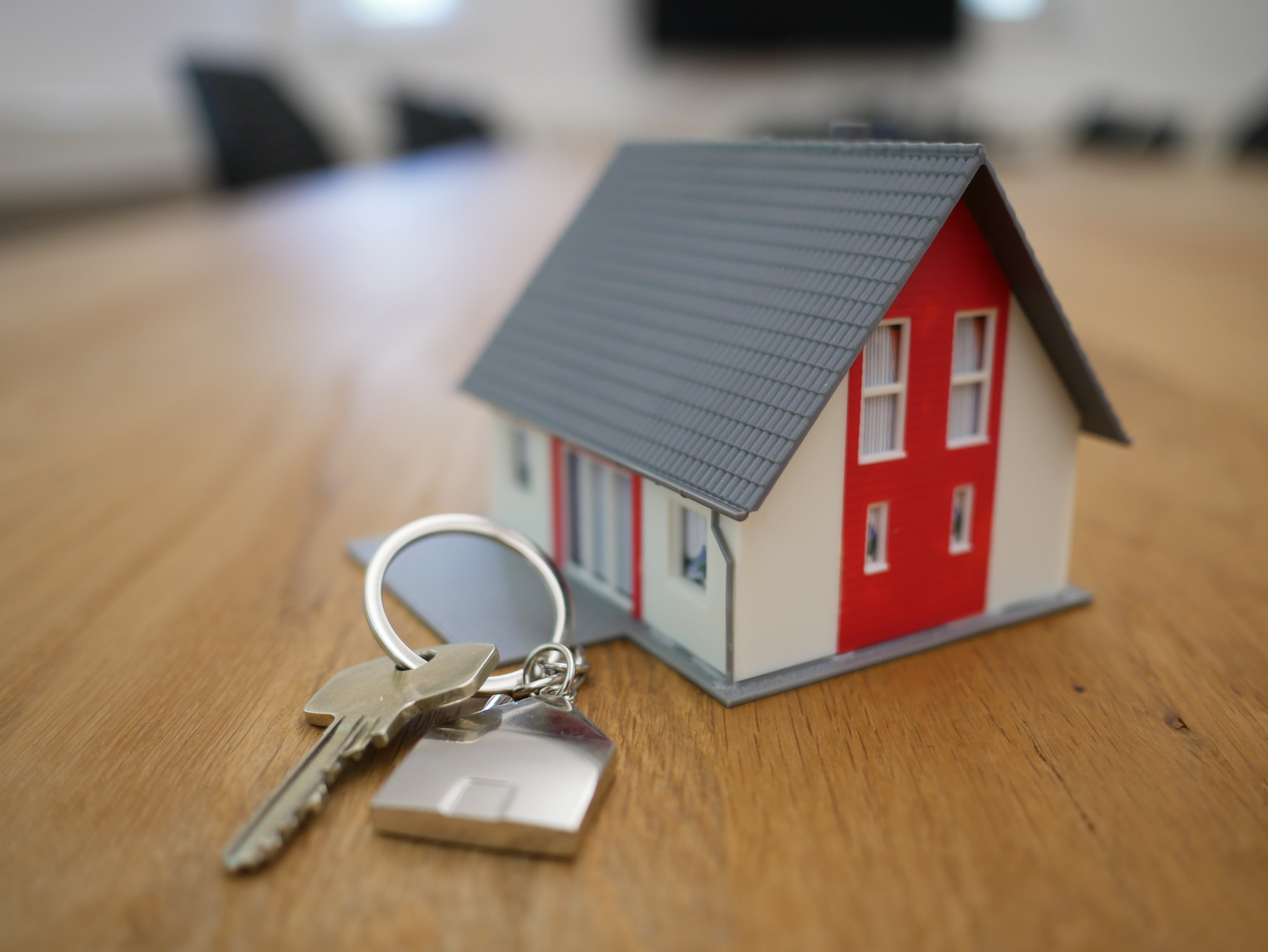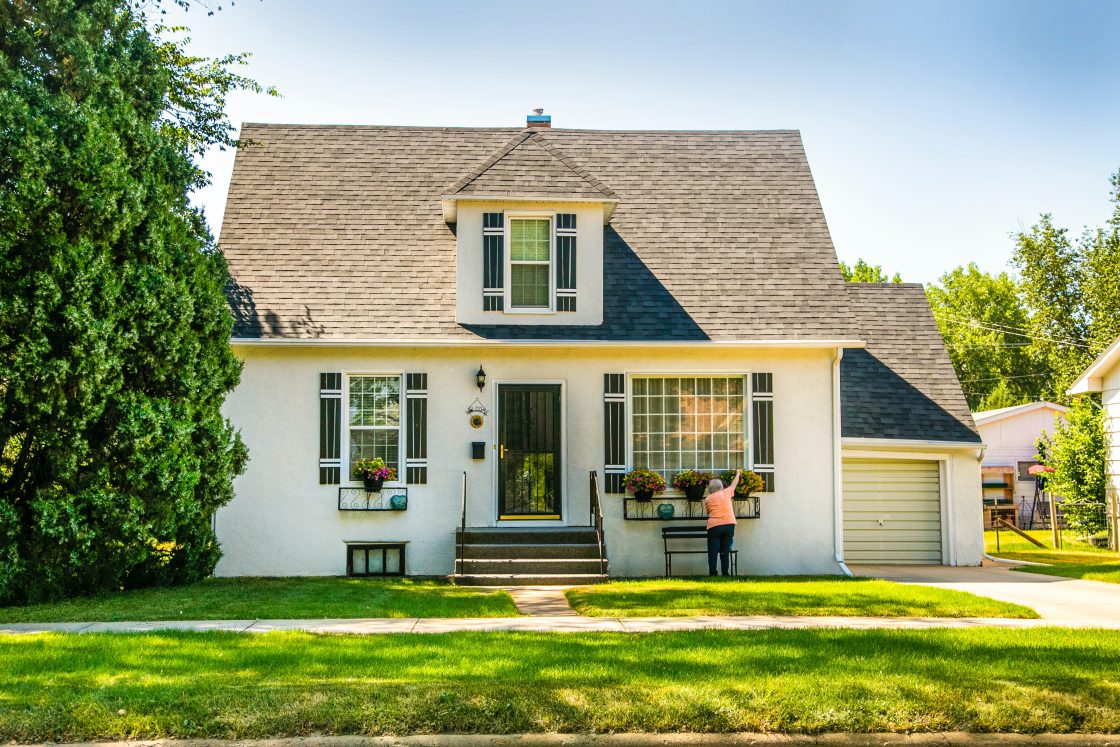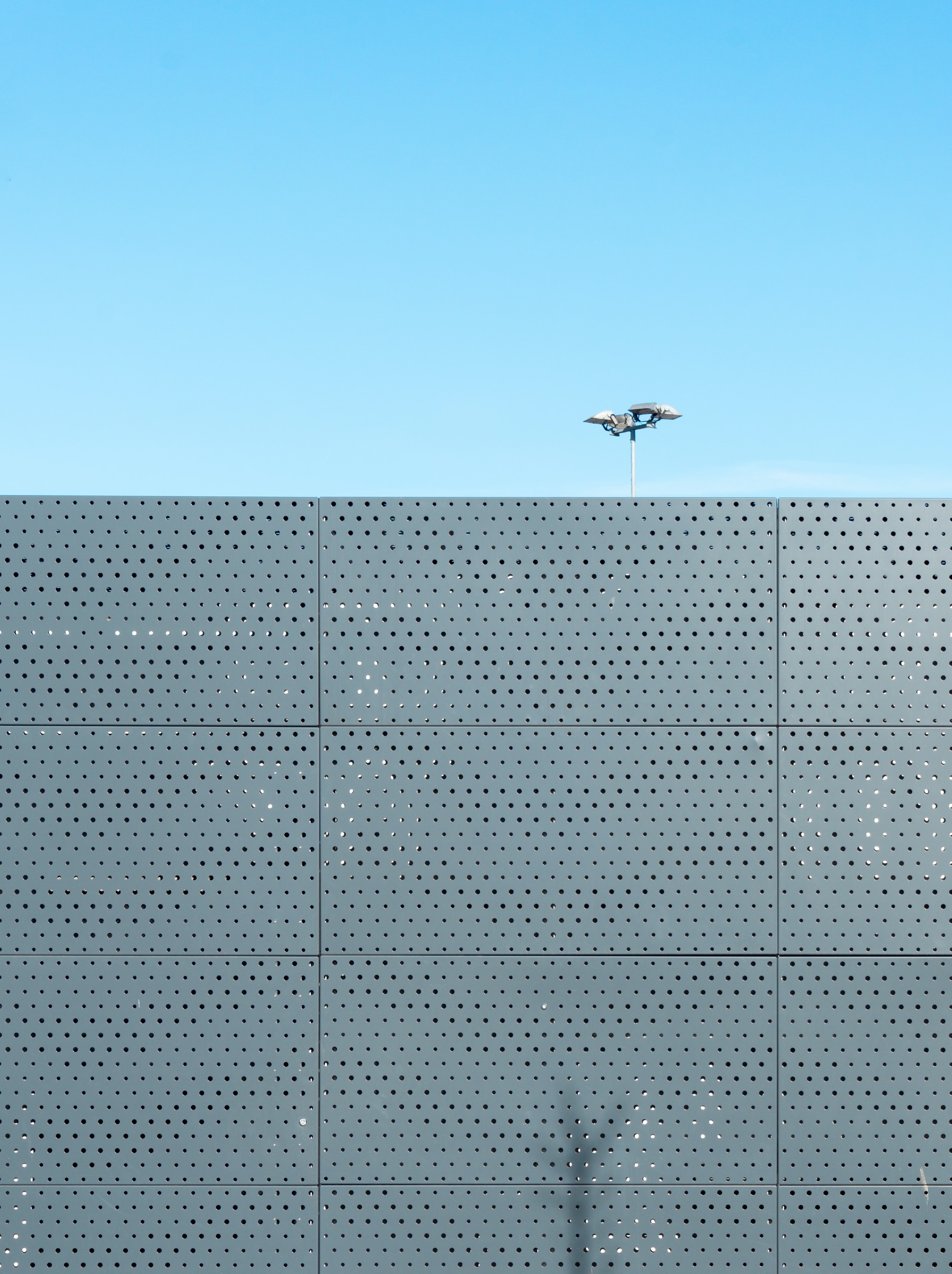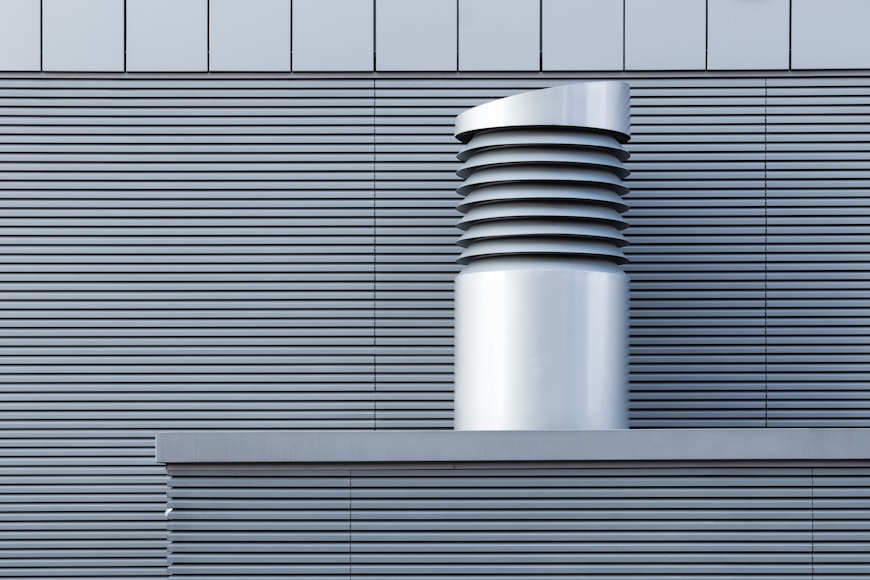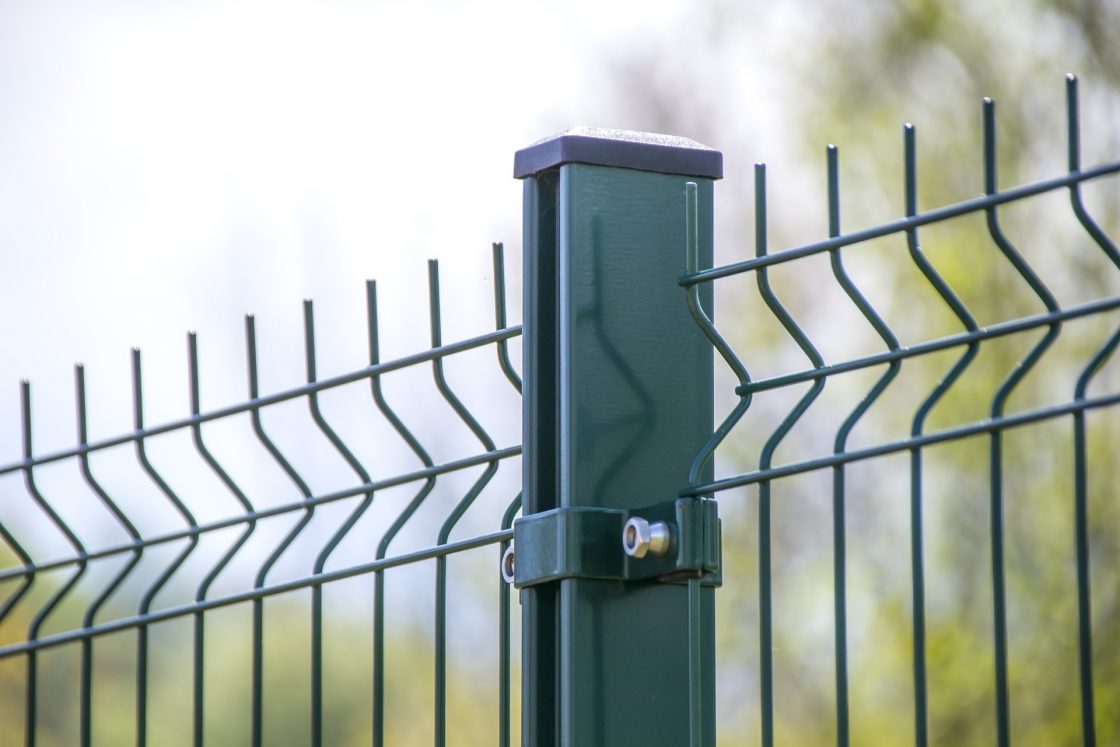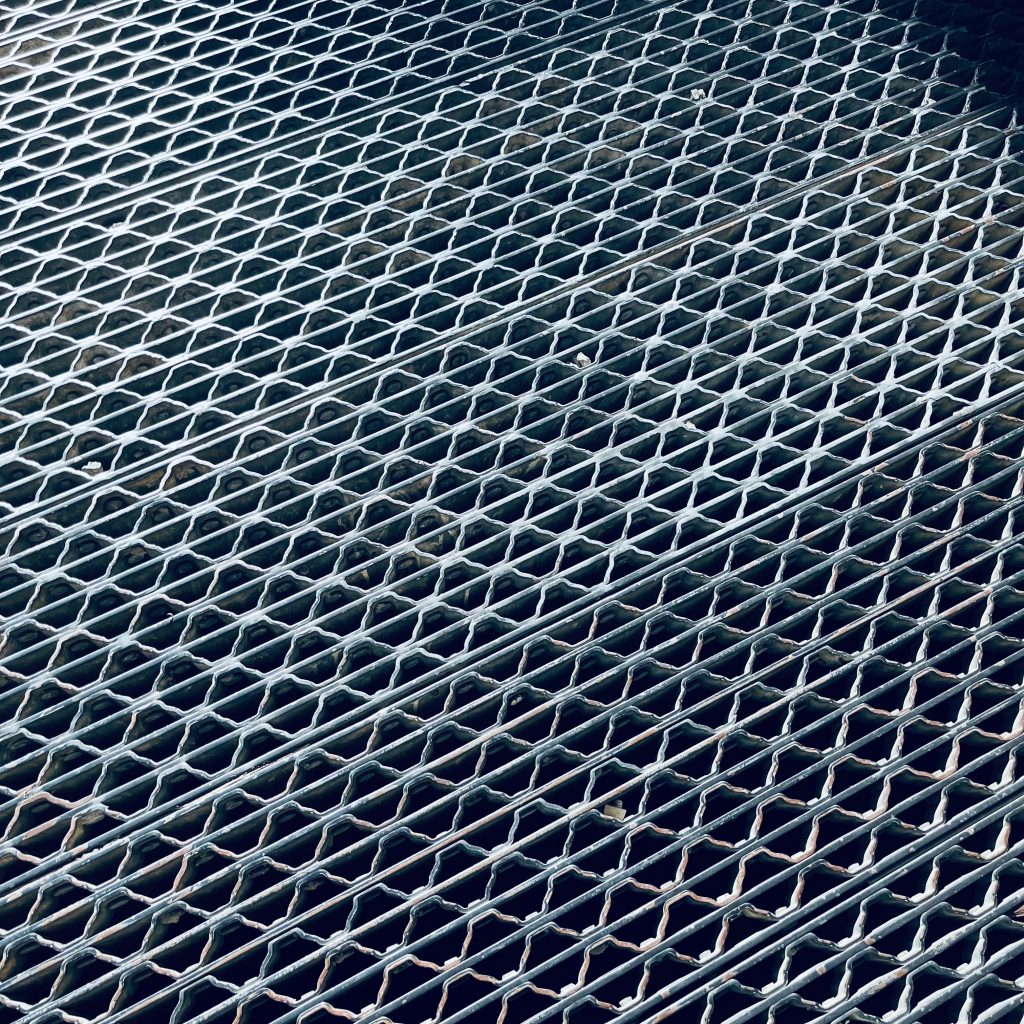29 Nov A Deck vs A Patio: Choosing the Best Option for Denver New Home Construction
When building a new home in Denver, selecting the right outdoor living space is essential for enjoying the city’s pleasant weather and breathtaking mountain views. Homeowners often face the dilemma of choosing between a deck or a patio, as both options present their own unique benefits and drawbacks. In this article, we will compare these two popular choices and help you make the best decision for your new home construction.
Decks are typically elevated platforms made from wood or composite materials, providing a seamless connection between the interior and exterior of your home. They can be an attractive addition to any home, often increasing the value of the property. On the other hand, patios are typically ground-level, paved areas made from concrete, pavers, or natural stone. Patios are known for their durability and low maintenance, making them a popular choice for homeowners who prefer a more natural, classic look.
Several factors must be considered when deciding between a deck or patio, including your home’s architecture, budget, maintenance needs, and personal preferences. From these initial points, we will delve deeper into each option, exploring their respective benefits, installation considerations, and long-term maintenance requirements, ultimately guiding you toward the choice that best suits your new home in Denver.
Understanding the Basic Concepts
Before delving into which option is best for your new home construction in Denver, it is essential to understand the basic concepts of a deck and a patio. In this section, we will define each term and provide some examples to help you grasp the differences between the two.
Definition of a Deck
A deck is a raised, open outdoor structure typically made of wood or composite materials. They are primarily constructed from boards and joists and are often attached to a house or building. Decks can be various heights, ranging from a few inches above ground to multiple levels.
Definition of a Patio
A patio, on the other hand, is a ground-level outdoor space constructed using various materials such as concrete, pavers, stone, or brick. Patios have a more natural and organic feel as they integrate seamlessly into the landscape. Some common aspects of a patio include:
Now that you have a better understanding of the basic concepts of a deck and a patio, you can assess their suitability for your new home construction in Denver. Consider factors such as your budget, desired maintenance level, and preferred aesthetic when making your decision.

Factors to Consider When Choosing
Climate in Denver
Denver’s climate is a significant factor to consider when choosing between a deck and a patio for your new home construction. The city experiences both hot summers and cold winters, with heavy snowfall during the winter months. Decks, typically made of wood or composite materials, may require more frequent maintenance due to the harsh weather conditions. On the other hand, patios, usually constructed of concrete, stone, or brick, tend to be more durable and can withstand the temperature fluctuations more effectively.
Maintenance Needs
The maintenance needs of a deck or patio should be considered when making your choice. Decks often require periodic staining or resealing to maintain their appearance and protect the material from weather damage. Patios, constructed with more durable materials like concrete, stone, or brick, usually require less maintenance overall. However, you may need to repair or replace individual pavers or bricks if they crack or become damaged.
When considering maintenance, factor in not only the time and effort required but also the ongoing maintenance costs for whichever option you decide on.
Aesthetic Preferences
Lastly, consider your aesthetic preferences when choosing between a deck and a patio for your Denver home. Decks can offer a more natural, elevated look that may suit homeowners seeking a semi-private outdoor space. Patios, often built at ground level, provide a more seamless transition from indoor to outdoor living areas. The materials used for patios can also be more customizable in terms of colors and patterns, which allows for greater personalization and design flexibility.
Weigh the above factors carefully and consider consulting with a landscape designer or contractor to determine which option best suits your needs, preferences, and budget.
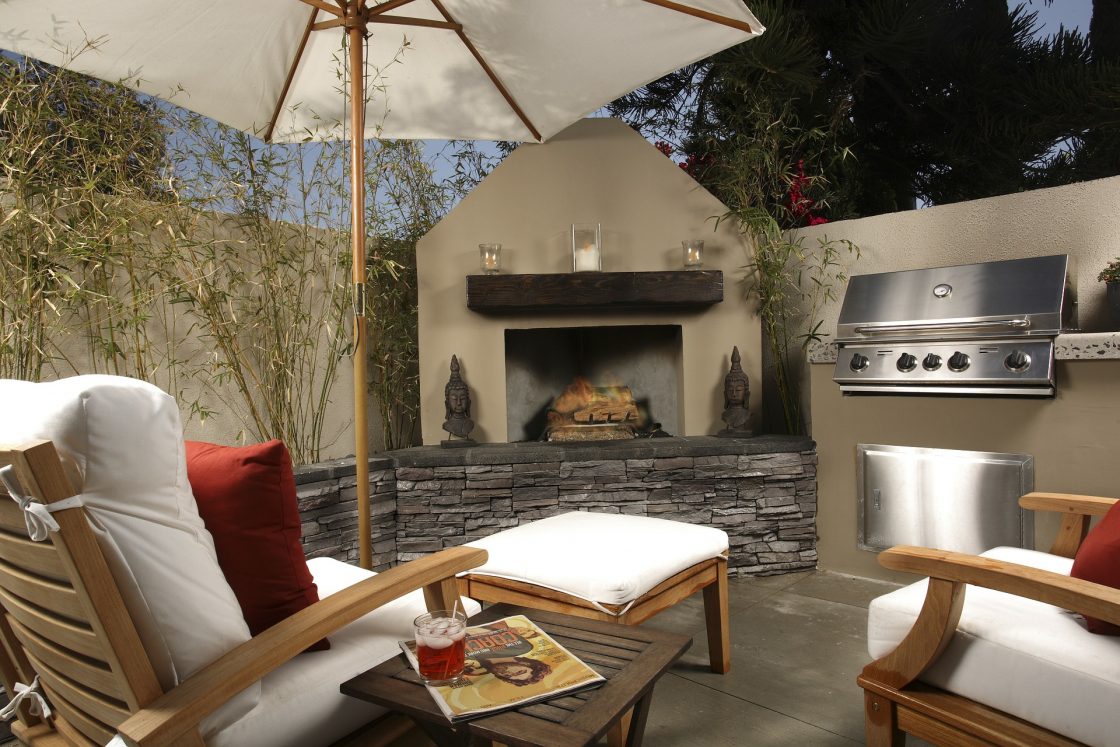
Pros and Cons
Advantages of a Deck
- Elevated views: Decks provide homeowners with a higher vantage point, making them ideal for properties with scenic views of the Denver landscape.
- Increased home value: A deck addition can enhance the market value of your home, as many potential buyers find an outdoor living space appealing.
- Versatility: Decks offer a space for a variety of activities, such as barbecuing, dining, and entertaining guests.
- Easy installation: Decks can be built on uneven or sloped terrains, allowing for more flexibility in their placement.
Disadvantages of a Deck
- Maintenance: Decks require regular maintenance, such as staining and sealing to prevent damage from weather and insects.
- Cost: Building a deck can be more expensive than constructing a patio, depending on the chosen materials and design complexity.
- Shorter lifespan: A deck’s lifespan is typically shorter than that of a patio due to its susceptibility to natural elements.
Advantages of a Patio
- Low maintenance: Patios are generally made of durable materials like concrete, pavers, or natural stone, which require minimal upkeep.
- Long lifespan: Patios have a longer lifespan than decks, as they are less prone to damage from weather conditions and insects.
- Can be more affordable: Patios can sometimes be a more budget-friendly option when considering initial construction costs.
Disadvantages of a Patio
- Limited elevation: Patios are built at ground level, offering less elevated views compared to decks.
- Installation challenges: Constructing a patio on sloped or uneven terrain can be challenging and may require additional costs for leveling.
- Weather-dependent usability: Patios can be less enjoyable during rainy or snowy conditions, as they lack the coverage and elevation that decks offer.
Making Your Choice
In Denver, deciding between a deck or a patio for your new home construction can be challenging. To make an informed choice, consider the following factors:
- Budget: Generally, patios are more cost-effective than decks. Decks often require railings, stairs, and more materials – which can increase the overall cost. On the other hand, patios can be built using more affordable materials, such as concrete patio Denver or pavers.
- Maintenance: Decks usually need more frequent maintenance, and the materials used in construction will influence the upkeep cost. For instance, wooden decks require regular staining or sealing, while composite decks are more low-maintenance. Patios, on the other hand, typically require less maintenance – but may need occasional resealing, depending on materials used.
- Terrain: The slope and layout of your backyard play a significant role in determining whether a deck or patio is more suitable. Decks can be built on uneven terrain, making them more adaptable to your yard’s natural incline. In contrast, patios are better suited for flat surfaces and might require considerable excavation work for uneven yards.
- Return on Investment (ROI): Both decks and patios can add value to your property; however, the ROI varies depending on materials and quality. On average, wooden decks yield an ROI of approximately 72.1% while composite decks offer an ROI of around 63.6%. Patios tend to have a lower ROI, but the investment is generally less expensive upfront.
In summary, the choice between a deck and a patio depends on your budget, desired maintenance level, terrain, and expected ROI. It is essential to carefully weigh these factors before making a decision. Consult with your Denver patio contractor or landscape architect to determine the best option for your Denver home.







